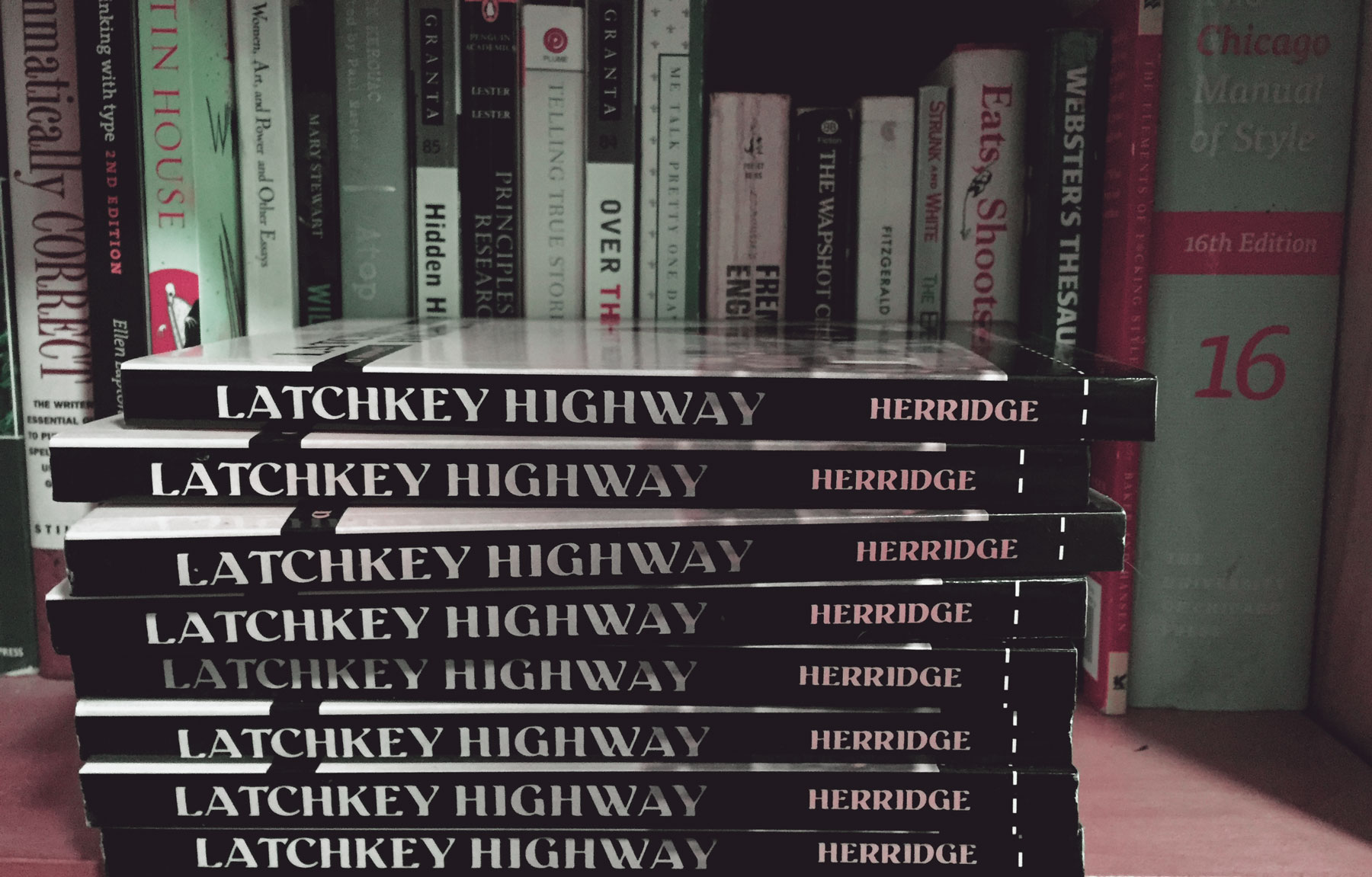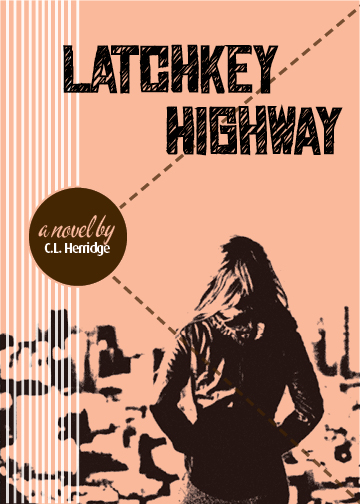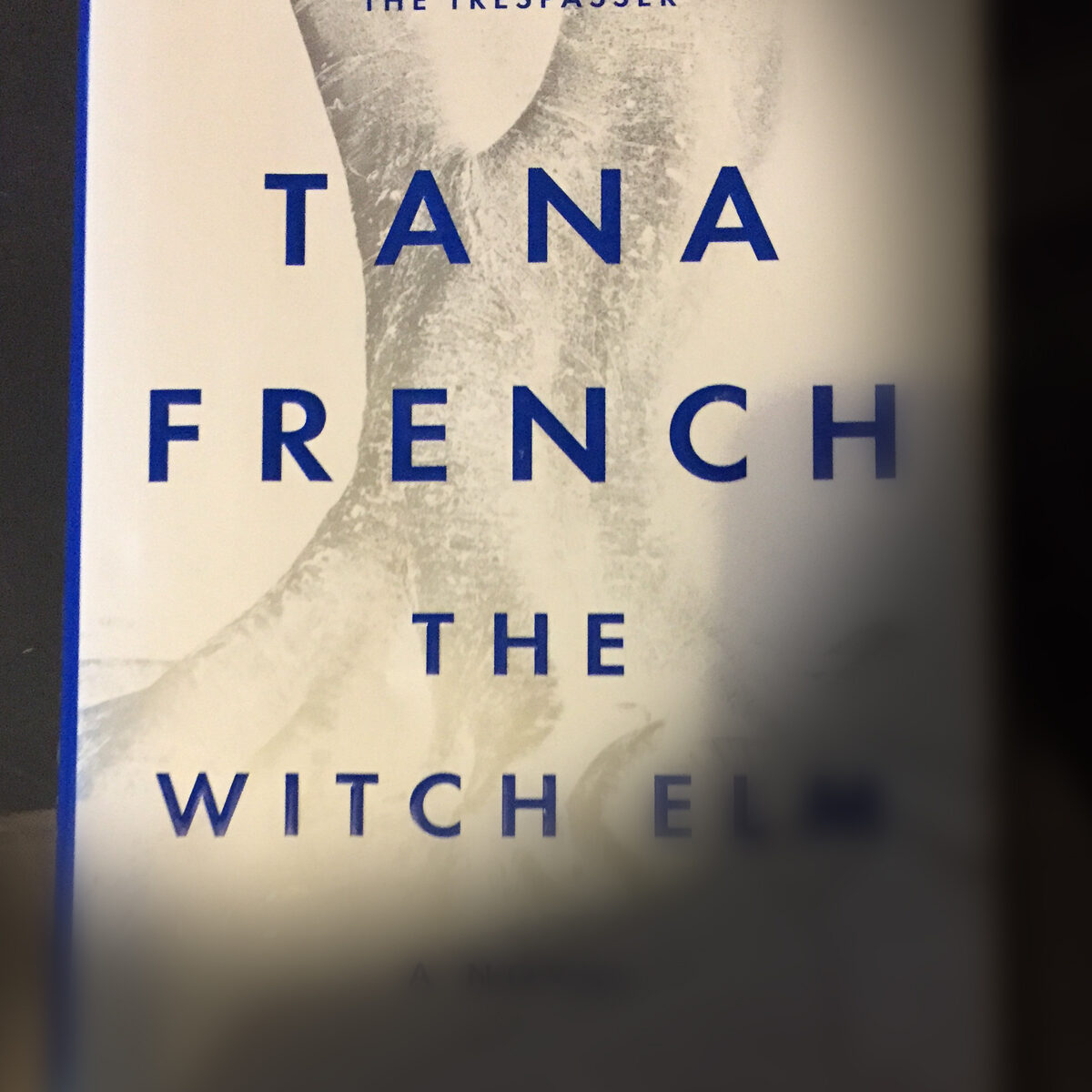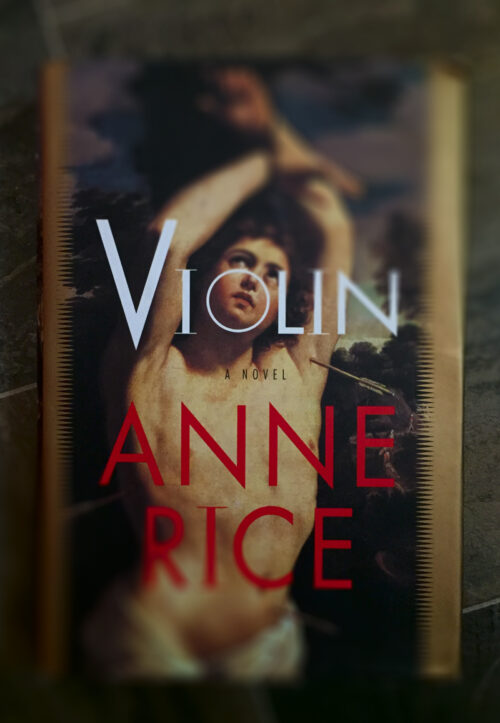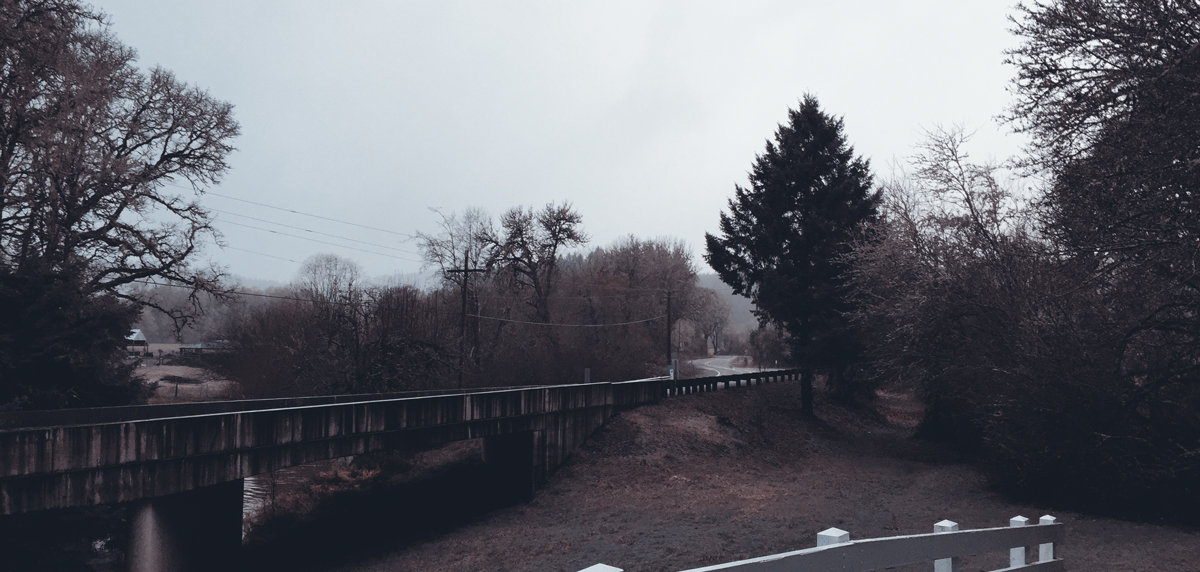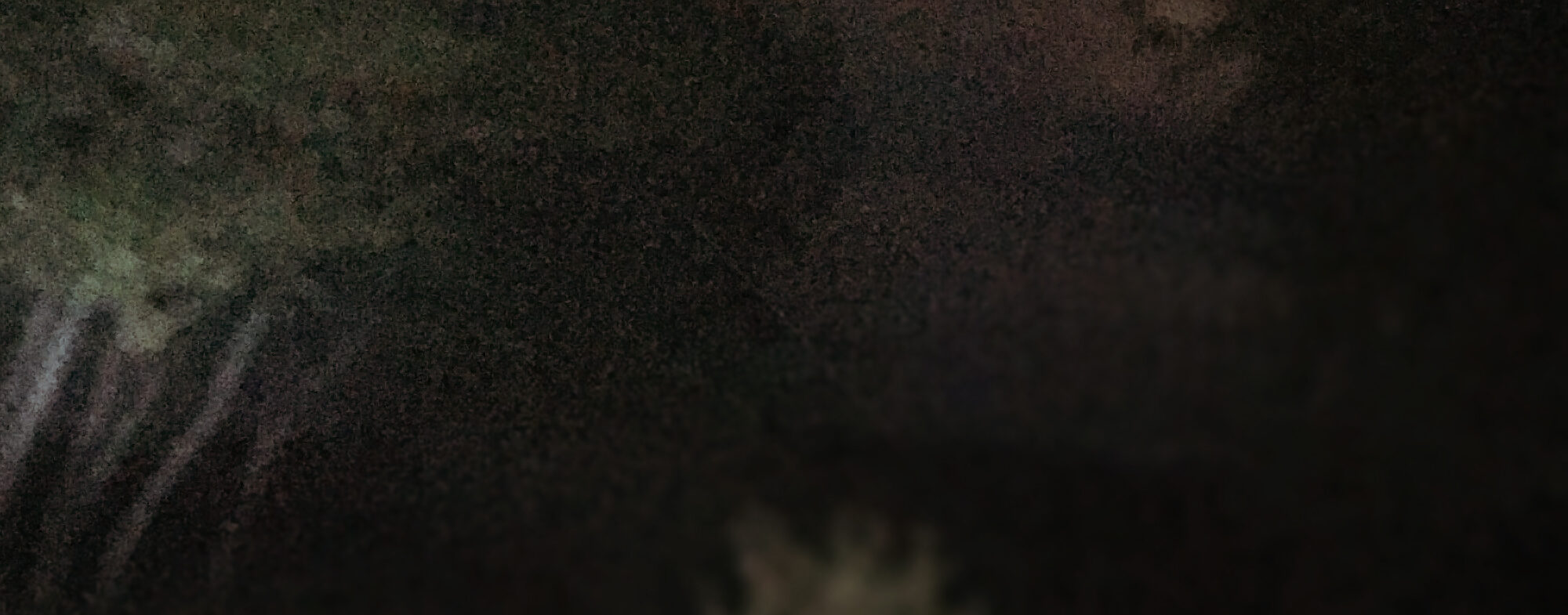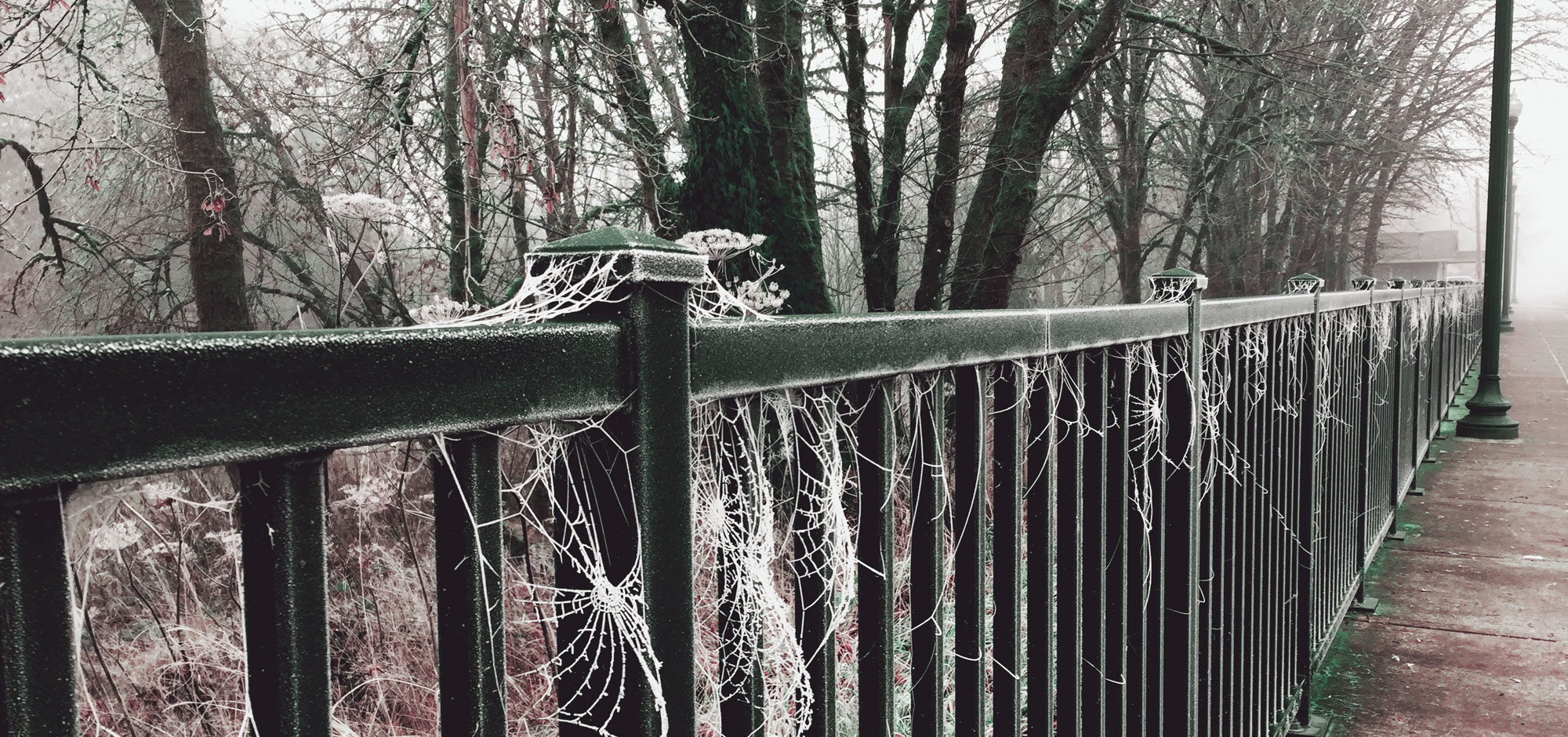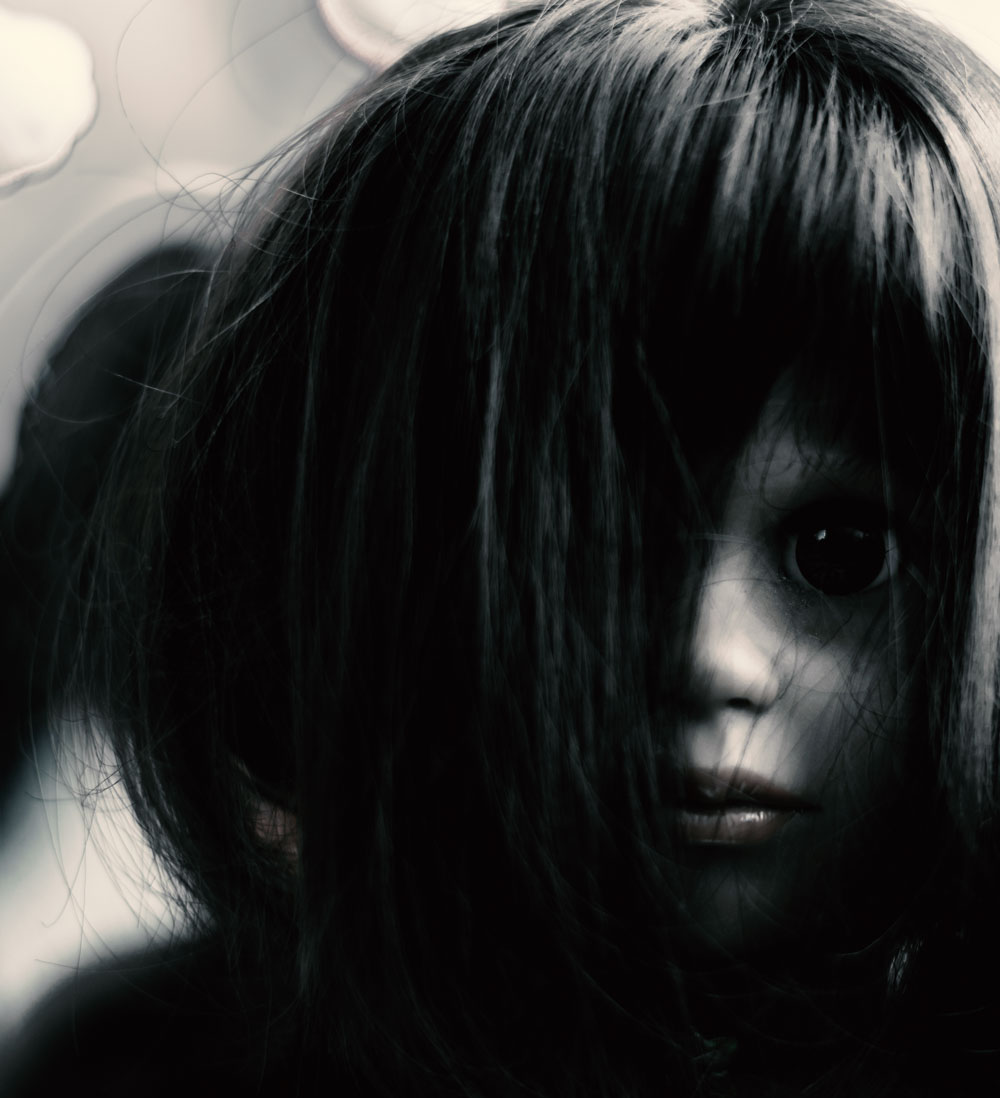I never had a dad, or a father, or a pop. I had a step-father for a while, but that… didn’t end well. I’ve lived over 50 years with no father/daughter connection. It was always my reality, as I’m sure it is for many people, that there was simply no dad.
I’ve often been fascinated by adults who have loving relationships with their parents, but only as a novelty. I could see it, witness it, but that was all. I was never moved by it.
My mom left me when I was twelve, basically wielding a big, shiny pair of scissors and clipping off our love with a decisive snip!, letting it fall unceremoniously to the floor, where it wriggled and gasped for a while before finally fading into nothingness. I’ve been essentially parentless most of my life.
Last month, on father’s day, I finally found the man behind the name misspelled on my birth certificate. He passed away in 2020, but I spoke to his siblings—who each revealed their unique version of him. At first, it was charming, discovering an uncle, an auntie, and a few cousins. But a few days after these telephone conversations, I was left with a prick of sorrow. Aspects of their descriptions felt familiar enough for this man to be recognizable. He was my dad.
And now, about a month later, while I do feel a little more whole, I also realize the immense loss. Certainly it’s regretful that I didn’t reach him before he died. But more than that, what I missed as a girl and as a woman—to not have had that figure in my life—is painfully evident. My perspective on a father’s love is clearer, and almost every day, I’m seeing what I was denied. Also, it turns out I was the only child he had, so he missed out as well.
I don’t know what happened after I was born, why my parents didn’t stay together. I only know my mother was eternally unhappy, and by the 80s, all three of us were just floating around out there, separate from each other. It seems to have been a genuine opportunity missed. It’s unlikely my young life would have played out worse than it did if we’d stayed together, or if I’d at least known him. It’s possible, of course. But from what I’m constantly learning about what it means to be human, unlikely.
So, all I can say is this, find that lost family member; a parent, child, or sibling, whomever it may be. Don’t wait, don’t make excuses, or worry about rejection (though I know that’s a hard one), just find them. Now.
